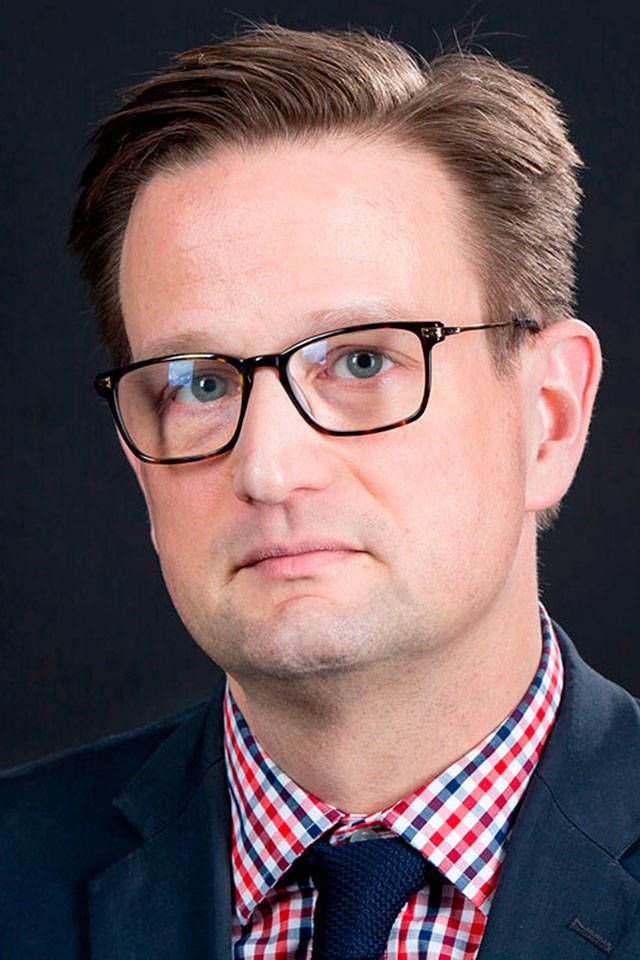HARRISBURG, Pa. – Howard Henry’s no preacher.
But the prayer he uttered outside a home on Logan Street in Harrisburg on a chilly night last week for Kaliah Dearing, 16, and Natasha Harner, 24, who had been found shot dead there, carried the same weight as if they’d been uttered by a man or a woman of the cloth.
“This really is the time for us join together and ask some very important questions,” Henry said. “What is love? What is love? Does love really conquer all or not? That’s why we’re here. God is everything or God is nothing, right?”
As someone shouted out an “Amen,” Henry continued.
“We have to understand the truth of God,” he said. “We’re not worried what other people did. We have to understand what God wants of us.”
Then he stepped down from the stoop of the home that Harner and Dearing, their lives cut tragically short, shared together.
His voice was hoarse. His hands were cold.
The questions that Henry posed that night challenge all of us. And they call us to act.
They’re posed in the face of unspeakable violence, both in the streets of Pennsylvania’s capital city and elsewhere, in such places as Sutherland Springs, Texas, whose names we only learn when their tranquility is shattered by the sharp report of semi-automatic weapons fire.
So we ask ourselves: Does love really conquer all?
Is love enough to overcome the shocking darkness that fills someone’s soul when they choose, as a man named Stephen Paddock did last month, to mow down 59 people and injure hundreds more people gathered for a concert at the Mandalay Bay hotel and casino in Las Vegas.
The answer, tragically, and obviously, is that it is not.
If love alone were enough, then it would have been enough to put an end to the sad catalog of mass shootings that have claimed thousands of lives across America over the last five years.
It would have been enough to calm the spasms of violence that resulted in the slaughter of the children of Sandy Hook or the revelers at the Pulse nightclub in Orlando, Fla.
If love alone were enough, then perhaps Harrisburg would not have seen, with the deaths of Harner and Dearing, its eighth homicide of the year.
But since it is not, then we need to look to the second half of Henry’s impromptu prayer: What’s being asked of us, as a society, as a community, as a nation, to staunch the flow of blood, to end the violence?
The answers are not easy. And the obligations are heavy.
It starts, obviously, with looking after each other; with taking to heart the admonition to love our neighbors as ourselves; to committing ourselves, however we can, and in whatever small way we can, to making the streets safer. And people of good faith and character are working toward that end all the time.
There is a place, too, for educators, for community groups, for law enforcement, for counselors, for clergy, for parents or extended family, for anyone who can act as a role model, a guide, a friend. Someone who can provide stability and a home and recognize the warning signs of violence and intervene before it’s too late.
But they can’t do it alone.
There is room, too, for policymakers, for our elected leaders, who are called to move beyond the bromides of their own “thoughts and prayers” — however earnestly offered — and to act.
That responsibility was starkly outlined last week by U.S. Sen. Christopher Murphy, D-Connecticut, who offered that “the terrifying fact is that no one is safe so long as Congress chooses to do absolutely nothing in the face of this epidemic.”
Murphy’s lengthy remarks are worth reading in their entirety, but one part stands out:
“The paralysis you feel right now — the impotent helplessness that washes over you as news of another mass slaughter scrolls across the television screen — isn’t real,” he said. “It’s a fiction created and methodically cultivated by the gun lobby, designed to assure that no laws are passed to make America safer, because those laws would cut into their profits.”
After every one of these mass slaughters — and the killings that wrack our streets — we are told that no law, no government program, would have prevented the newest tragedy.
We’ve been told it so often now that it has become self-perpetuating, that it’s become its own excuse not to act.
Henry’s prayer challenges us to honor our obligation to each other and to do better than that.
Murphy’s words, forged from the hard experience of Newtown, point the way out of the darkness.
The only question is whether we are brave enough to work together, all of us, to take up those burdens.
And the answer, of course, is that we must. Or Howard Henry’s prayer, offered on a cold night on a dark street in Pennsylvania’s capital city, will die on the air.
An award-winning political journalist, Micek is the Opinion Editor and Political Columnist for PennLive/The Patriot-News in Harrisburg, Pa. Readers may follow him on Twitter @ByJohnLMicek and email him at jmicek@pennlive.com.



